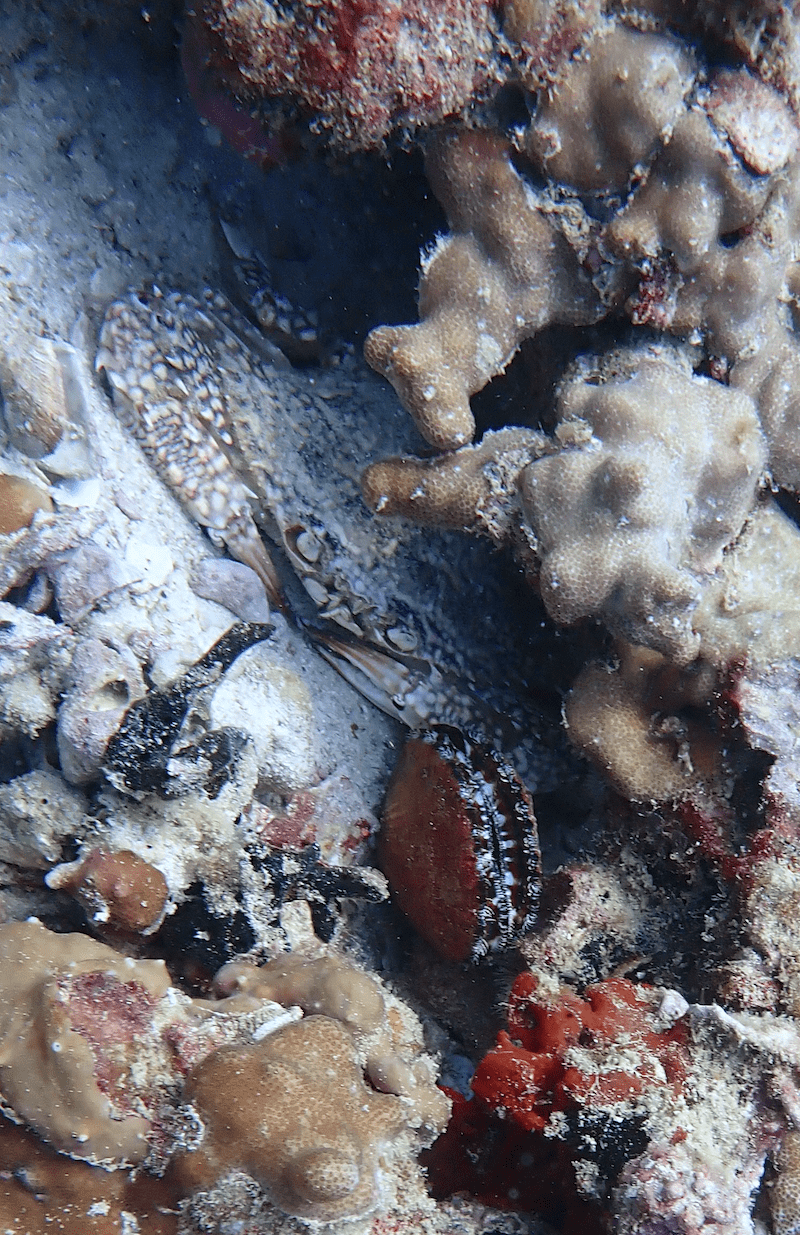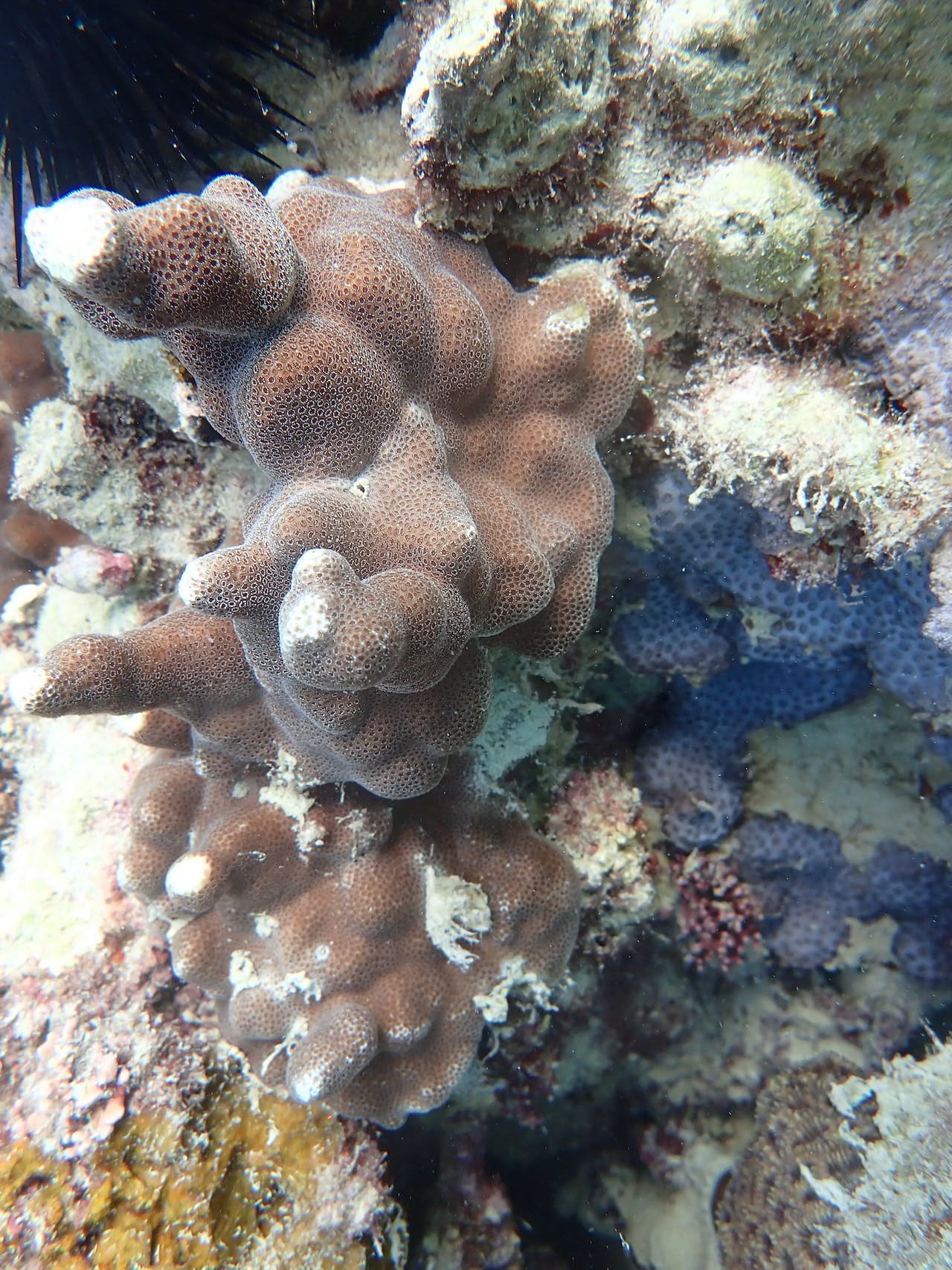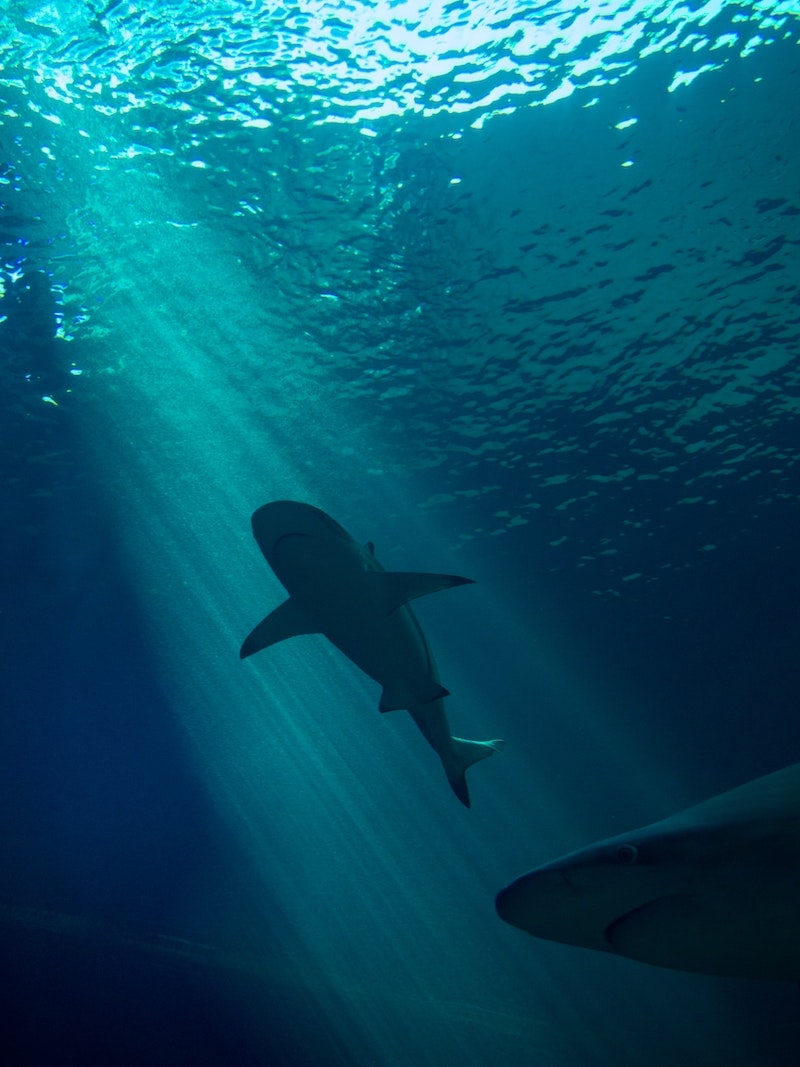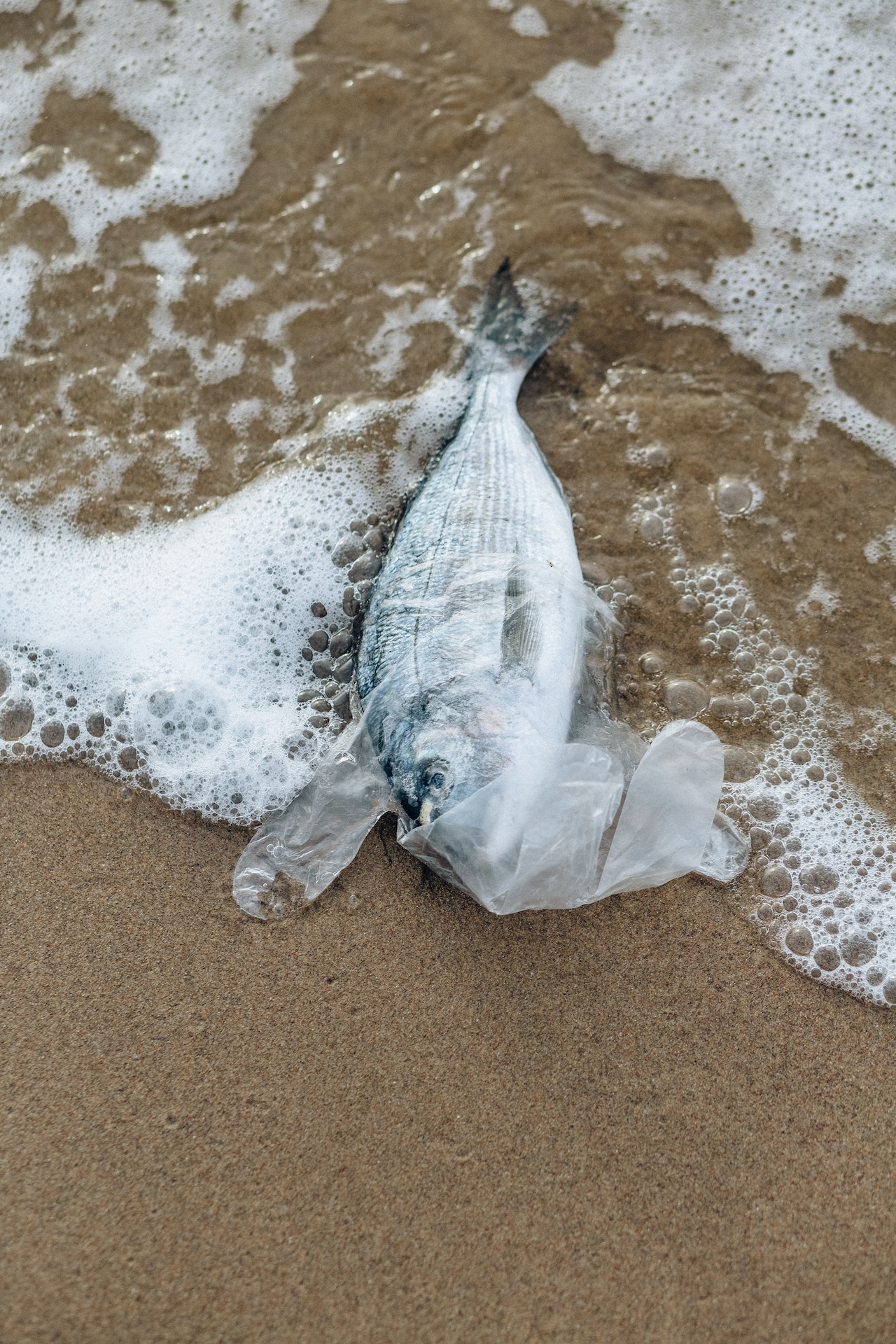Research
Scientists at Nuwat conduct research to generate data that will enable them to provide the Bahraini and Gulf governments with the scientific evidence required to help secure sustainable ecosystems while meeting their global commitments.
Climate change is considered the largest anthropogenic disturbance to natural ecosystems of the 21st century. Projections illustrate that the average sea surface temperature will increase by 2.2 °C while shallow intertidal regions are likely to experience even higher temperature spikes during daytime low tide events. However, coral reefs and associated ecosystems in the Arabian Gulf are subjected to annual fluctuations between 16°C and 35 °C – this is a 20° difference in temperature compared to the tropics. In addition, ecosystems and associated marine biota in this region are already living in the temperature that is projected for tropical ecosystems worldwide making the Gulf a unique ecosystem and window to understanding what the future might look like in light of climate change.

Eco-Physiology of Species in the Extreme
Species that exist in the Arabian Gulf are subjected to extreme seasonal environmental conditions with sea water temperature reaching as high as 37 °C and falling as low as 16°C in addition to high salinity levels reaching over 55 ppm in certain areas. Climate change coupled with other anthropogenic disturbances add to the challenges faced by these species along with the natural ecosystems they inhibit. This also means that many species in the Gulf especially those in the shallow and intertidal zones are living very near to their lethal thermal limit. Any increase in mean temperature will have widespread and profound negative impacts on the distribution, physiology, and metabolism of these organisms. The overall goal of this research initiative is to investigate the effects of rising temperatures on the adaptations shaping the thermal physiology of the selected marine species in the Kingdom of Bahrain. This study is conducted under the leadership of Dr. Theresa Dabruzzi and in collaboration with the Arab Regional Center for World Heritage (ARC-WH). It will produce direct tangible outcomes enabling us to make predictive ecological and physiological models identifying refugia areas and predict areas that may become future refugia habitat for marine biota as water temperatures rise. These data shed light on the oyster’s climate vulnerability and resilience in addition to benefiting current conservation policies, as well as give insight into management strategies that maximize diversity and support sustainable resource use in Bahrain.
Assessment of Coral Reef Health
For coral reef scientists in Bahrain, Fasht Al Adhm, Fasht Al Jarim and Reef Bul Thamah are core areas of coral reefs in the Kingdom of Bahrain on which many of the fishing communities rely on for their livelihoods. In addition, Fasht Al Adhm is considered to be the largest and oldest Fasht in the Arabian Gulf.
Currently, there is little to no scientific data that indicates the current coral cover and the extent of coral presence in these areas. Therefore, this project aims to assess the current status of coral reefs in these areas and investigate the trends of coral cover. The result of this research will contribute towards enabling decision makers to make informed decisions based on scientific evidence in addition to contributing towards designing effective and positively impactful coral restoration projects.


Sharks of Bahrain
Sharks play a vital role in maintaining healthy seas and oceans due to the important role in functional ecology. Sharks are known as the doctors of the ocean, as they often prey on the injured or unhealthy, hence removing the weakest individuals. This contributes towards controlling the spread of disease and ensures that the healthiest produce in greater numbers . They manage the food web as they are at the top of the food chain and keep other populations in check in addition to keeping carbon moving the water. Moreover, their bodies act as carbon sinks (as they store carbon in it) thus contributing towards combating climate change. When they die, the carbon remains in the marine environment however, when humans fish them, the carbon is then released in the atmosphere. This is just a small glimpse into the important roles that sharks play in the world. In Bahrain, data on sharks remains non-existent and hence, our researchers at Nuwat, led by Dr. Dareen AlMojil, along with our collaborators, are working on mapping the distribution of sharks and investigating species presence in various areas within Bahraini waters.
Investigation of Microplastics and their Effect on Selected Species in the Kingdom of Bahrain
In recent years, the detection of nano- and microplastics in the aquatic environment has become of major concern for many countries around the world. Micro-sized and nano-sized plastics are tiny plastic particles that are introduced into the environment due to the breakdown / fragmentation of larger plastic particles. Both micro- and nano-plastics are considered a pollutant and can have toxicological effects and hence, be harmful to the environment and species health (including humans).
Therefore, our researchers at Nuwat in collaboration with national (University of Bahrain) and international researchers (Sağlık Bilimleri Üniversitesi (Turkey) and University of Lille & French National Centre for Scientific Research (France)) are currently working on detecting, quantifying and determining the type of plastics (macro, micro and nano) that is present in the Bahraini marine environment in addition to investigating the effects of microplastics on selected marine organisms in Bahrain.

Follow Us
Phone
(+973) 3221 1881
Opening Hours
Sun-Thu: 9 AM – 5 PM
Address
Al Jasra,
Kingdom of Bahrain
